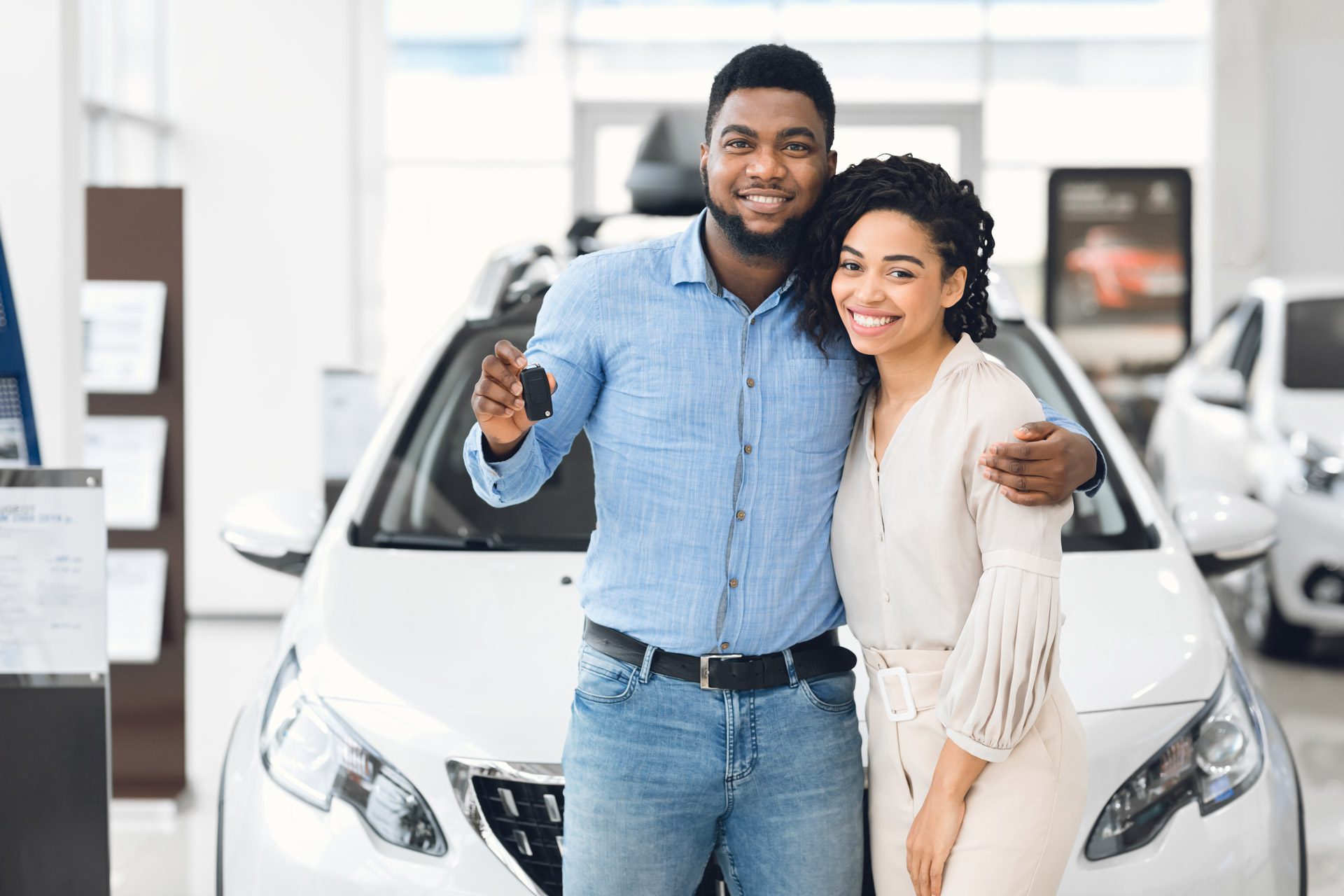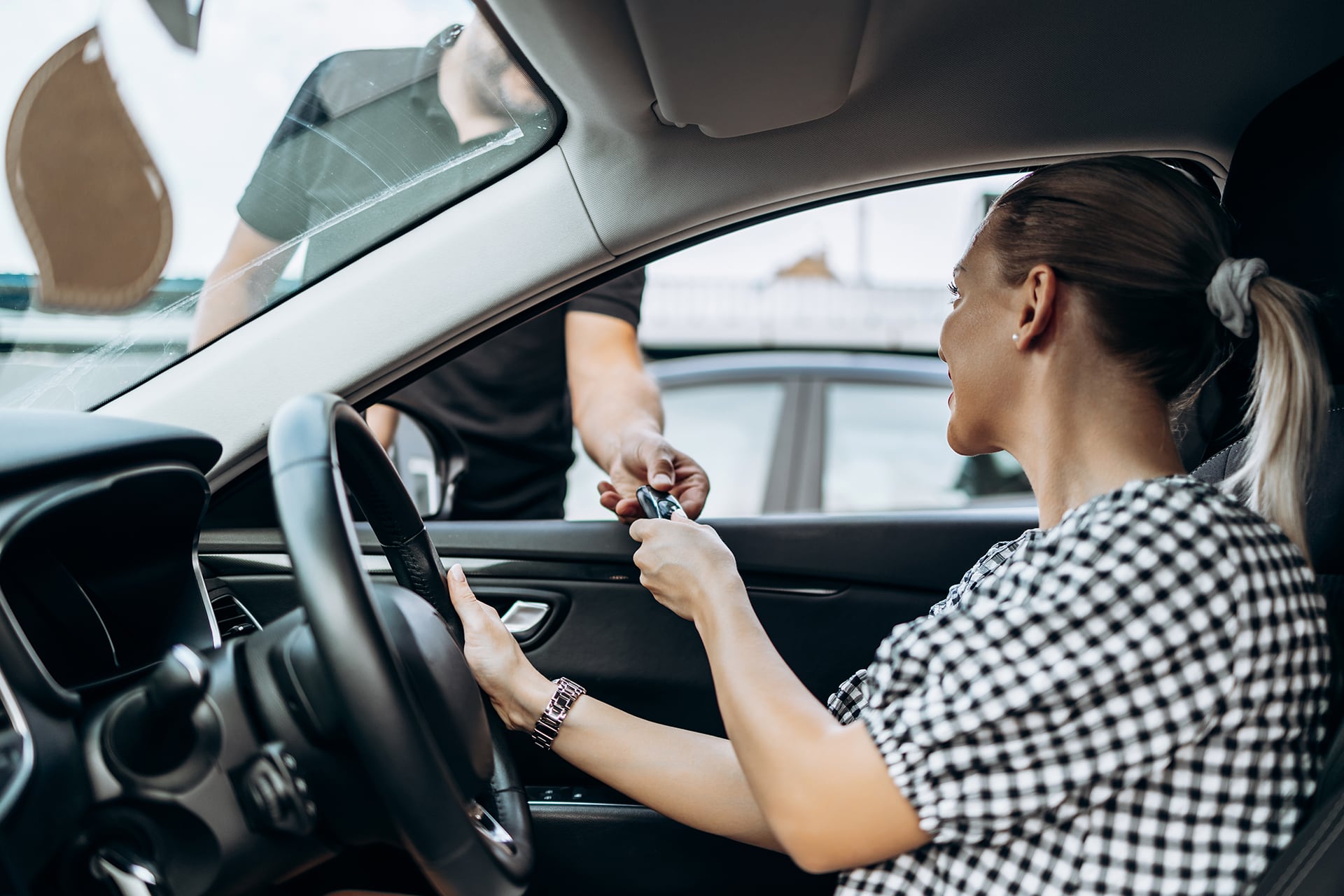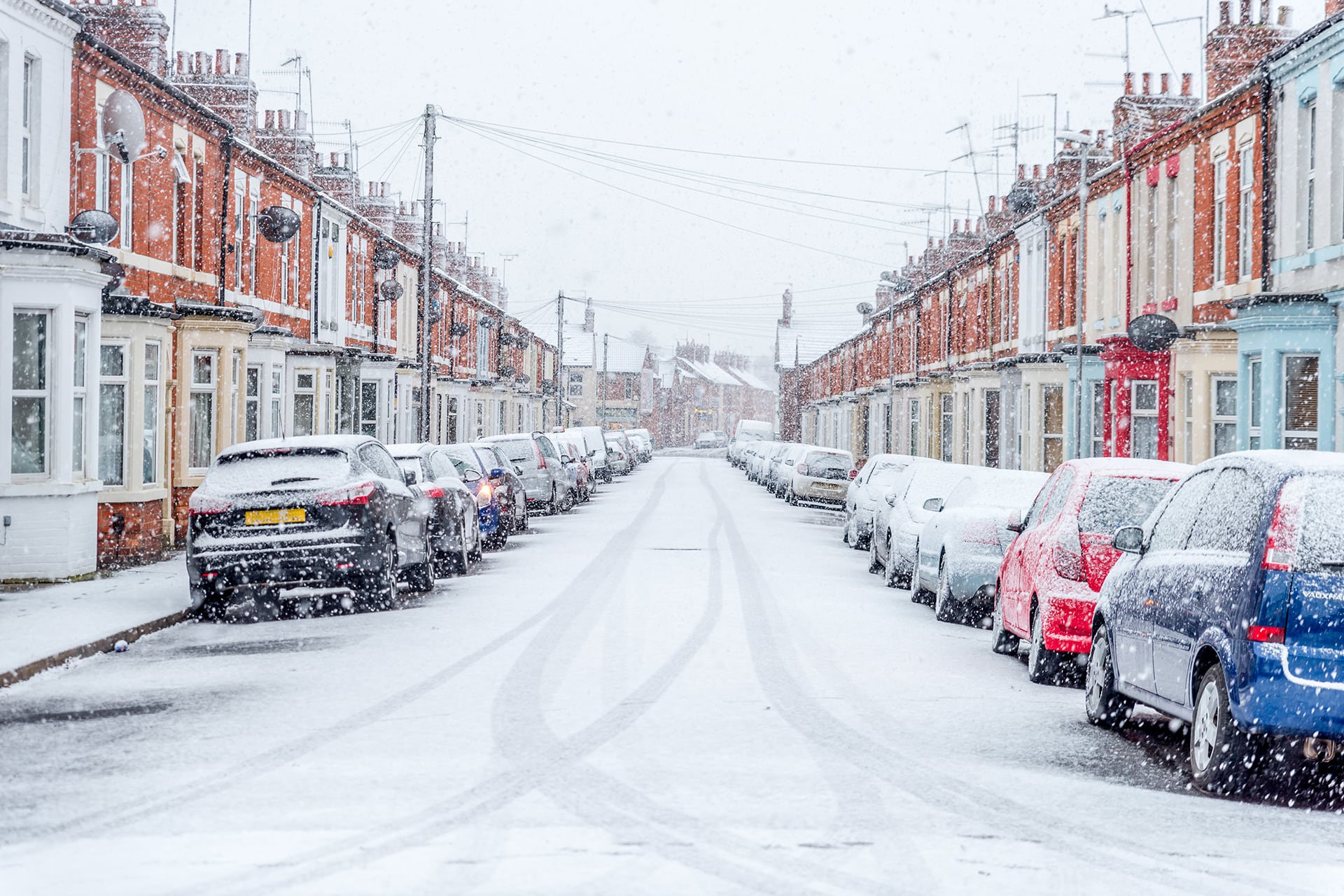Whether you’re buying your very first car or you’re an experienced driver looking for your next set of wheels, searching for the right vehicle can be a minefield. There are many aspects to consider and, as it’s likely to be one of the largest purchases you make, it’s important to take your time when it comes to your decision.
If you’re stuck wondering how to buy a car, our guide is here to help. With key considerations and practical tips on finding the vehicle for you, you’ll be on the road in no time.
What to consider when buying a car
Before you begin your search, you’ll need to decide on a few factors that will likely help to narrow down your choices.
Your budget
This will probably be the biggest factor that determines the type, make and model of car you can buy. Drivers often can’t afford to pay outright for a new vehicle, so finance packages or loans are popular options that allow the cost to be spread over months or years.
However, if you are choosing this method, it’s vital to budget accordingly and make sure that you can afford the monthly repayments before committing to a financial contract.
Used or new?
While your budget will usually be a factor in this, you’ll need to consider whether you want to buy a brand-new or used vehicle. There are pros and cons to each and it’s worth weighing these up before you start looking.
Pros and cons of buying a new car
Choosing a new vehicle means you’ll be the very first owner of a brand-new, shiny car with no need to worry about its previous history, past owners or having an MOT for the first three years. You should also be able to take advantage of a manufacturer and/or dealership warranty, giving you peace of mind for the initial three to seven years, depending on the terms.
However, choosing a new car often comes with a hefty price tag and brand-new vehicles don’t normally make great investments due to their rapid depreciation.
Pros and cons of buying a used car
A used vehicle typically comes with a friendlier price tag and you’ll often find you can get a decent make and model for your budget by choosing one that’s a couple of years old.
But it’s important to consider the mileage, any potential repairs and the car’s previous history, otherwise the savings you make by buying used could end up being cancelled out.
Your car’s purpose
Another factor to consider when buying a car is what you’ll primarily use it for. Do you need a large family car, an efficient vehicle for commuting long journeys or perhaps a small city car that’s great for short trips and parking in compact spaces? You’ll need to choose a vehicle that suits your lifestyle, so it’s important to think about what you need from your car.
Manual or automatic
While most drivers can drive both, if you passed your driving test in an automatic you won’t legally be allowed to drive a manual vehicle, although it is possible to upgrade to a manual licence.
If you can legally drive both manuals and automatics, the choice usually comes down to preference, as well as cost and availability. But it’s still a factor worth considering if it’s important to you.
Electric, diesel or petrol
As well as taking into account fuel prices and efficiency, you’ll need to consider the fact that from 2030, the government will impose a ban on the sale of all new diesel and petrol cars. While this won’t necessarily affect the purchase of a vehicle within the next few years, it could have implications if you want to sell your car in the future.
Aside from being more efficient, electric cars offer lower running costs and are likely to hold their value better. You’ll also avoid clean air zone and congestion charges. People often find electric vehicles provide a more comfortable drive, plus they are quieter than diesel or petrol cars.
But this doesn’t mean you’ll necessarily want to choose electric for your next car. It’s important to weigh up the pros and cons of each option.
Style
You’ll need to think about the features you want in your new vehicle and your most desirable style. Consider what’s important to you, based on what you’ll use your car for.
You might want to look for aspects such as air-con, heated windscreens, wireless electronics or safety features.
Once you’re confident you know what to consider when buying a car, you can begin your search.
The search for your new car
A big part of buying a car is knowing where to look for your new vehicle. This might sound simple, but there is a range of options. The best place to find your new set of wheels will also depend on whether you’re buying used or new.
How to buy a new car
Nowadays, there are many options for buying a new car. You can choose to purchase online or in person via a main dealership. If you’re searching for a particular vehicle, you might be able to track down the right car for you by contacting a few dealers.
You might have to make an appointment to test drive a car and it’s a good idea to take any financial documents with you.
Other ways to purchase a new car include directly from the manufacturer or via online marketplaces.
How to buy a used car
If you’ve decided you’re in the market for a used vehicle, you have a few options.
Main dealerships will often offer a selection of used vehicles for sale, sometimes with additional warranties included. Many cars will have fairly low mileage and usually have been given a thorough service. Alternatively, smaller, local car garages will also sell a range of used vehicles.
Another option is to find a car from a private seller, online, through AutoTrader or via another platform. If you’re wondering how to buy a car from a private seller, some crucial tips include:
- Take someone with you when viewing the vehicle
- Make sure you choose a reputable seller
- Don’t commit unless you’re sure it’s a legitimate deal
While private sellers might offer better deals, it’s important to check their credentials before committing to a purchase.
Wherever you choose to buy your new car from, it’s a good idea to shop around and give yourself time to make an informed decision. You should also:
- Test drive any potential new car
- Ask the owner or garage any questions you might have about the vehicle
- Check the car’s previous history
- Check the MOT and tax status
- Arrange any finance agreements and deposit
What to do after buying a car
Once you’ve bought your car, you’ll need to register the vehicle and make sure you get the V5C form (log book), if a dealer hasn’t already done this for you. You’ll also need to keep up to date with the MOT.
It’s also crucial to get the right insurance for your new vehicle. To help bridge the gap between annual policies, Dayinsure’s temporary car insurance can provide cover so you’re able to drive your new wheels until your main policy kicks in. You can also use our short-term cover if you need to take a car on a test drive.
It couldn’t be easier to get a quote. As long as you’re at least 18 years old, we can provide cover for between one hour and 30 days.
Get a quote today and you could be covered within 15 minutes.



